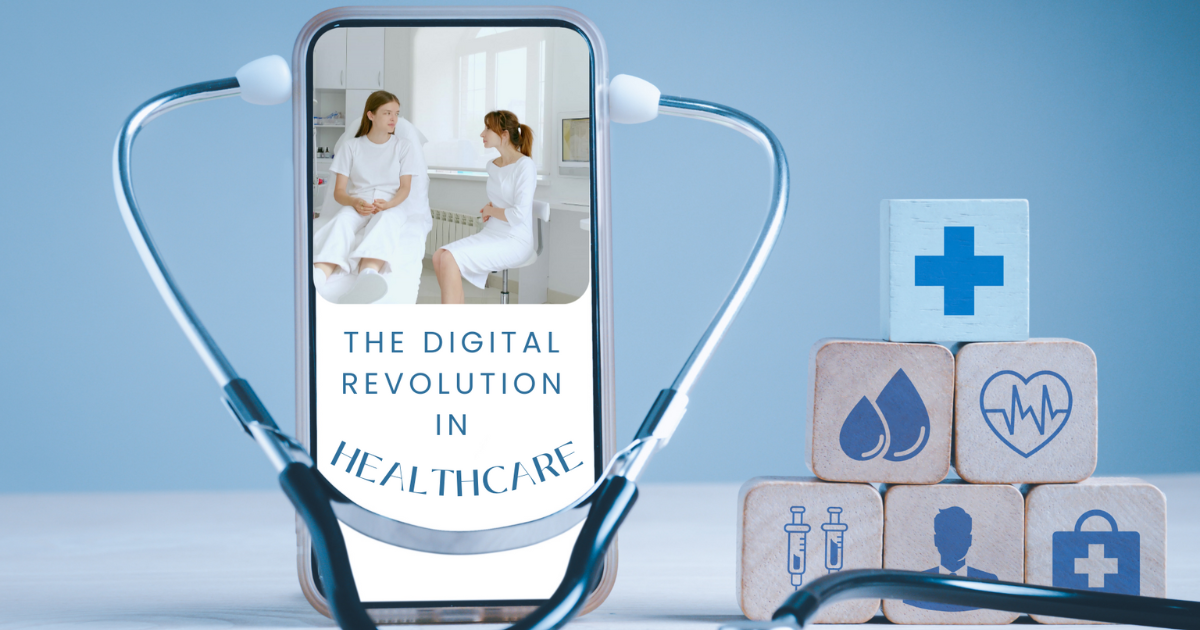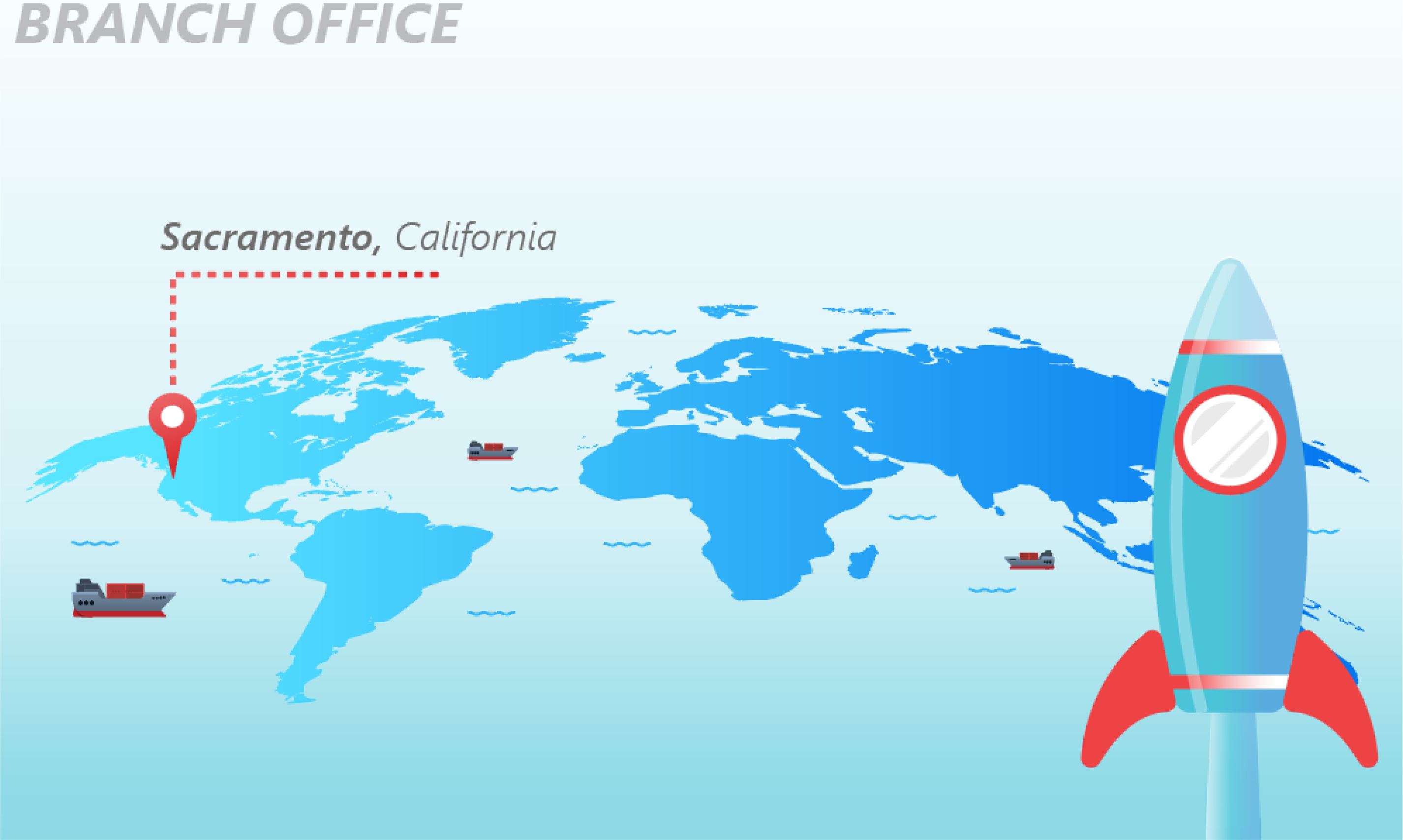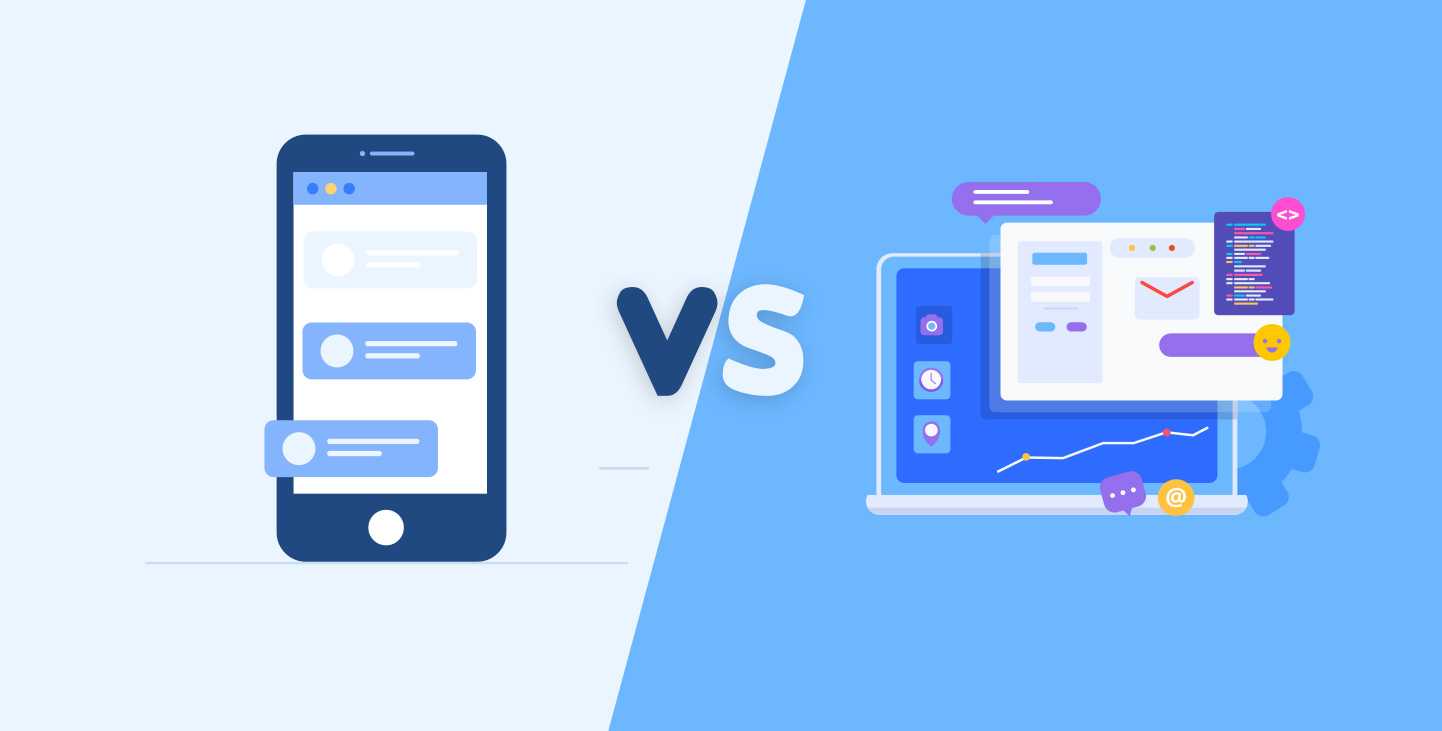The healthcare industry is one of the most crucial sectors that affect individuals' well-being and quality of life globally. By incorporating technology, particularly in the field of IT, the healthcare sector is currently undergoing a substantial transformation. The significance of IT in healthcare cannot be emphasized enough, as it is fundamentally reshaping patient care, enhancing operational efficiency, and ultimately saving lives.
The incorporation of IT in healthcare has introduced numerous breakthroughs that are revolutionizing the delivery of healthcare services. These breakthroughs encompass artificial intelligence (AI), blockchain technology, big data and analytics, cloud computing, and telemedicine.
Each of these trends plays a crucial role in advancing patient outcomes and elevating the healthcare experience overall. Let's dive into each of these trends and explore their impact on the healthcare industry.
AI in healthcare: Transforming patient care and diagnostics
AI is transforming healthcare by revolutionizing patient care and diagnostics. It enables faster and more precise diagnoses, identifies patterns in patient data, and offers personalized treatment plans. AI systems can analyze vast amounts of medical data, including patient records, lab results, and medical images, to recognize potential health risks and predict outcomes. This empowers healthcare providers to make well-informed decisions and deliver targeted interventions, leading to better patient outcomes.
Moreover, AI plays a vital role in enhancing diagnostics. Through machine learning algorithms, medical images like X-rays and MRIs can be analyzed to detect abnormalities and aid radiologists in making accurate diagnoses. AI chatbots and virtual assistants can also provide triage services, assisting patients in evaluating their symptoms and directing them to the appropriate level of care. These AI-driven advancements not only enhance the precision and speed of diagnoses but also decrease healthcare expenses and improve patient satisfaction.
Blockchain in healthcare: Secure and Seamless Care
Blockchain technology is revolutionizing healthcare by improving data security and interoperability. Traditional healthcare systems often struggle with fragmented patient data across multiple providers, leading to gaps in information and fragmented care. However, blockchain provides a secure, transparent, and tamper-proof system that centralizes and secures patient data.
By utilizing blockchain, healthcare providers can access a patient's complete medical history from any care setting, facilitating more coordinated and informed care. Each transaction in the blockchain is encrypted, time-stamped, and linked to previous transactions, ensuring the integrity and security of the data. This decentralized ledger enhances data security and privacy, as patient data is encrypted and accessible only to authorized individuals. With blockchain technology, patients have more control over their data, as they can grant consent for sharing and maintain ownership. This trust-building feature fosters a stronger relationship between patients and healthcare providers.Blockchain not only enhances data security and privacy but also streamlines the exchange of medical information, ultimately improving patient care outcomes.
Big Data & Analytics in healthcare: Driving insights and personalized medicine
The use of big data and analytics is empowering healthcare organizations to make informed decisions, enhance operational efficiency, and create targeted interventions for chronic illnesses. The healthcare sector produces vast amounts of data, such as electronic health records, medical images, genomics, wearables, and social determinants of health.
By harnessing the potential of big data, healthcare providers can gain valuable insights that lead to better patient outcomes and cost-effective care.
Examining extensive datasets can uncover patterns, trends, and correlations that may otherwise remain unnoticed. Healthcare organizations can utilize this information to pinpoint high-risk groups, predict disease outbreaks, and design tailored interventions. For instance, analyzing genomic data can help in identifying individuals at risk for specific diseases, enabling personalized treatment plans based on their genetic makeup. This approach, referred to as precision medicine, ensures that patients receive the most suitable therapies tailored to their individual requirements.
Big data and analytics also play a key role in improving operational efficiency within the healthcare sector. By analyzing data related to patient flow, resource utilization, and treatment results, healthcare providers can identify bottlenecks, streamline workflows, and allocate resources more efficiently. This leads to reduced wait times, enhanced patient satisfaction, and overall improvement in healthcare delivery.
Cloud Computing in Healthcare: Enabling efficient data storage and collaboration
Cloud computing enables seamless data sharing, storage, and access, facilitating collaboration among healthcare professionals and enhancing patient care. Traditionally, healthcare organizations relied on on-premise servers and physical storage devices to store and manage patient data.
However, these systems often limited accessibility and were prone to data loss or hardware failures. Cloud computing overcomes these limitations by providing scalable and secure data storage solutions. Healthcare providers can store patient records, medical images, and other critical data in the cloud, ensuring accessibility from any location and device. This enables healthcare professionals to access up-to-date patient information, make informed decisions, and provide timely care.
Furthermore, cloud-based collaboration tools allow healthcare professionals to collaborate seamlessly, regardless of their physical location. Healthcare teams can securely share patient information, medical research, and treatment plans, fostering interdisciplinary collaboration and improving care coordination. Cloud computing also facilitates telemedicine services by providing a reliable and scalable infrastructure for remote consultations, virtual care, and remote patient monitoring.
Telemedicine: Expanding access to healthcare services
Telemedicine is revolutionizing the way healthcare is delivered by offering remote consultations, virtual care, and remote patient monitoring. Through advancements in technology, patients now have the ability to access healthcare services without needing to physically visit a healthcare facility. This is especially advantageous for individuals residing in remote locations, those with limited mobility, or those in need of specialized medical attention.
Telemedicine is remote patient monitoring, which is transforming the management of chronic diseases. Individuals with ongoing health issues can utilize wearable devices like smartwatches or fitness trackers to track their vital signs, activity levels, and medication adherence. This information can be sent to healthcare professionals in real-time, enabling early intervention, tailored treatment plans, and enhanced patient outcomes.
All in All
The integration of IT in the healthcare industry is transforming patient care, improving operational efficiency, and shaping the future of healthcare. AI, blockchain technology, big data and analytics, cloud computing, and telemedicine are revolutionizing the healthcare landscape, enhancing patient outcomes, and ultimately saving lives. While challenges and concerns exist, addressing them through robust cybersecurity measures, cost-effective implementation strategies, and comprehensive training can pave the way for a seamless integration of IT trends in healthcare. As we move towards 2024 and beyond, the importance of IT in the healthcare industry will only continue to grow, bringing us closer to a future where every individual has access to high-quality, personalized healthcare.




